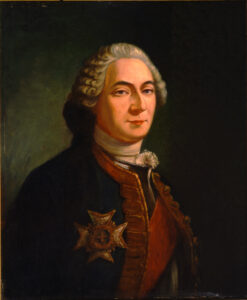History
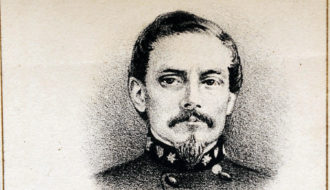
P. G. T. Beauregard
P. G. T. Beauregard, born in St. Bernard Parish in 1818, was among the first prominent generals of the Confederate Army during the Civil War.

P. G. T. Beauregard, born in St. Bernard Parish in 1818, was among the first prominent generals of the Confederate Army during the Civil War.
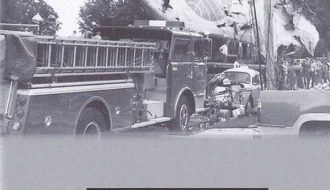
On July 9, 1982, wind shear caused Pan Am Flight 759 to crash into the New Orleans suburb of Kenner, killing 153 people.
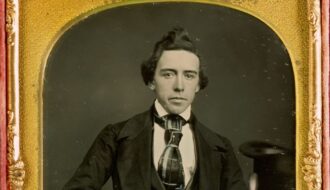
New Orleanian Paul Morphy rose to international fame as a chess master.
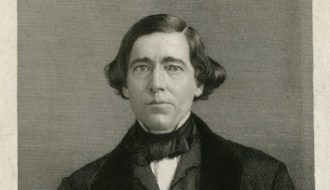
Democrat Paul Hebert, who served as governor of Louisiana from 1853 until 1856, helped improve the state's educational system and promoted the development of additional modes of transportation, including ferries, boats, and railroads.
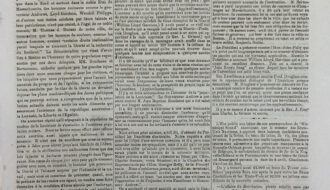
Paul Trévigne, a free man of color, was an editor, teacher, and orator who advocated for civil rights in the nineteenth and early twentieth centuries.
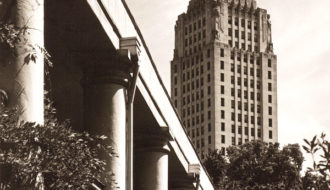
Built in 1819 as a fortification against the Spanish and slave insurrections, today the Pentagon Barracks house a museum, apartments, and the lieutenant governor's office.
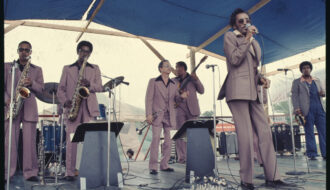
Percy Mayfield was a renowned R&B songwriter with hits including “Hit the Road, Jack” and “Please Send Me Someone to Love.”
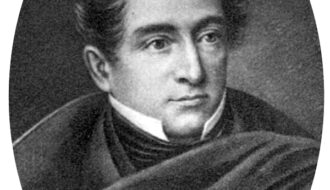
French-born Pierre Derbigny became the sixth elected governor of Louisiana in 1828 and played a role in the Louisiana Purchase.
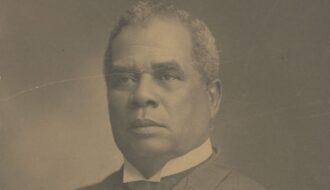
Born enslaved in Ascension Parish, Pierre Caliste Landry became the first Black mayor in the United States in 1868.
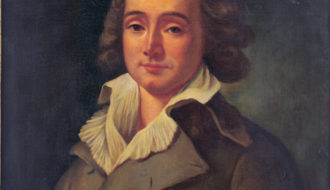
As the highest French civilian official in Louisiana, Pierre Clement de Laussat ceded control of the territory to the United States as a result of the Louisiana Purchase.
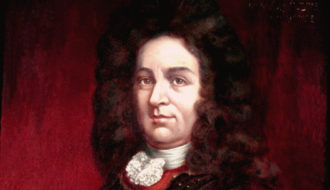
Pierre Le Moyne, sieur d’Iberville, Canadian soldier and explorer, is often described as the founder of the first permanent French settlement in Louisiana.
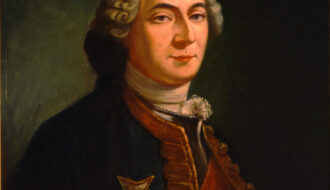
Serving as French governor of Louisiana from 1743 until 1753, Pierre de Vaudreuil was popular with the upper-class colonists and French officials for his elegant manners.
One-Year Subscription (4 issues) : $25.00
Two-Year Subscription (8 issues) : $40.00
